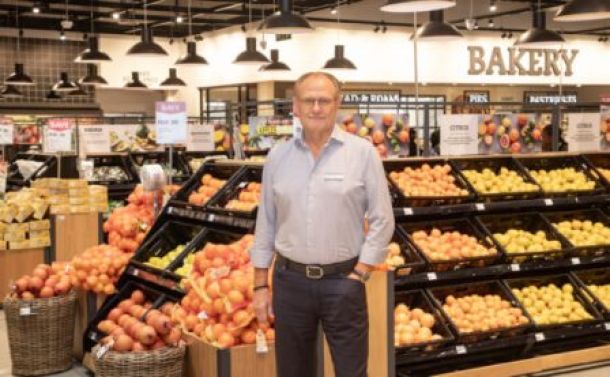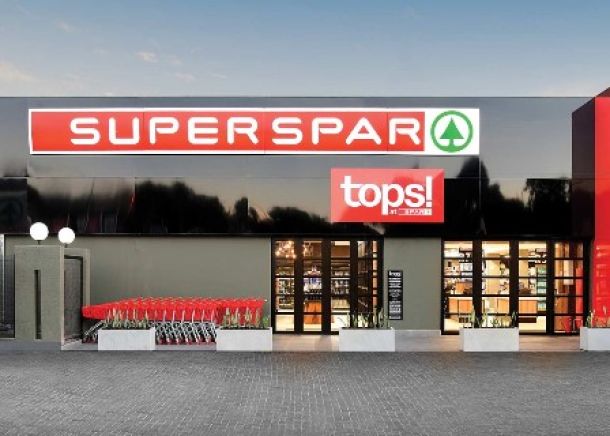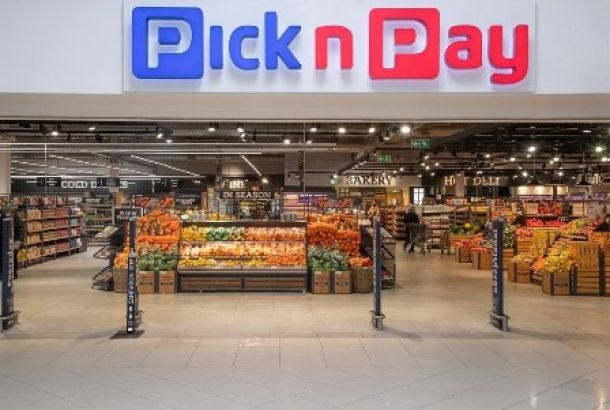Shoprite records impressive profits despite liquor bans
Shoprite posted improved profitability and recorded 4.7 percent sales growth to R83.4 billion during the six months ended in December, despite liquor sales taking a knock on Covid19 restrictions in its South African supermarkets and currency devaluations eroding its footprint across the rest of the continent.
The group generated a R4.7bn trading profit, 18.3 percent higher than a year earlier as a strong performance by Supermarkets RSA resulted in R4.2bn trading profit, representing a 12.6 percent increase compared to 2019 and a 6.5 percent trading margin.
Chief executive Pieter Engelbrecht said Supermarkets RSA achieved 5.6 percent sales growth to R65.07bn and 4.8 percent on a like-for-like basis. Adjusting for the impact of liquor sales restrictions during the period, Supermarkets RSA grew 7.8 percent.
“This is an incredible result given that our customer base spans the entire South African food retail spectrum,” Engelbrecht said.
Engelbrecht said the Supermarkets RSA business, which accounts for 78 percent of group sales, achieved 22 months of uninterrupted market share gains and the group created a total of 4 305 new jobs.
Highlights included the 11.1 percent sales merchandise growth at the Checkers supermarket chain and the 5.6 percent collective sales growth increase at Shoprite and Usave.
However first half liquor sales tumbled 21.8 percent due to Covid-19 restrictions. Shoprite LiquorShop and Checkers LiquorShop closed 79 out of the 182 trading days. “The silver lining here was that our online sales grew by 80 percent,” Engelbrecht said.
The furniture segment made up of OK Furniture and House & Home recorded a 15.7 percent sales growth to R3.8bn representing 4.6 percent of group sales.
Senior equity research analyst at Sanlam Private Wealth Renier de Bruyn said Shoprite’s sales were supported by a shift towards more in-home dining by consumers to the detriment of restaurants.
De Bruyn said the furniture division benefited from higher spend on home improvement as people spent more time at home.
“Shoprite also likely benefited from increased government social grants, which provided some cushion to an economically constrained consumer, especially at lower income levels,” De Bruyn said. “This was to some extent offset by lower liquor sales due to the restrictions on trade.”
The group rewarded shareholders with an 191 cents a share interim dividend, up 22 percent from 156c a year earlier, as it moved into a positive net cash position which allowed it to up its dividend payout ratio.
Euromonitor consultant Christele Chokossa said Checkers’ performance was a surprise and underscored its increasing competition with Woolworths, as one would expect households to downgrade to more affordable brands like Shoprite and Usave.
“It does, however, confirm the fact that lower-income groups were the hardest hit by this pandemic, resulting in Shoprite leveraging on a diversified portfolio to support its performance.
Besides, the report also highlights risks involved in expanding operations in other African countries due to differences in regulations, currency and supply chain requirements,” Chokossa said.
Supermarkets outside South Africa recorded an 8.4 percent decline in rand terms. Angolan sales fell 15.5 percent in constant currency and by 39.5 percent in rand terms, as the Angola kwanza devalued significantly against the US dollar.
Shoprite exited the Kenya market after the two remaining stores trading post December were closed at the end of February.
The group has also concluded the sale of its Nigerian business. “”The exit from Nigeria and Kenya are likely to improve Shoprite performance as a group going forward on one hand, while providing growth opportunities to surviving competitors in those markets as the economy recovers on the other hand,” Chokossa said.
Shoprite shares rose 4.41 percent on the JSE yesterday to close at R151.64.
News Category
- International retailers
- On the move
- Awards and achievements
- Legislation
- Wine and liquor
- Africa
- Going green
- Supplier news
- Research tools
- Retailer trading results
- Supply chain
- Innovation and technology
- Economic factors
- Crime and security
- Store Openings
- Marketing and Promotions
- Social Responsibility
- Brand Press Office
Related Articles

Pick n Pay plunges 16% on JSE as stock adjusts ...

SPAR suffering from a hangover

Pain for Pick n Pay

Pick n Pay disaster


